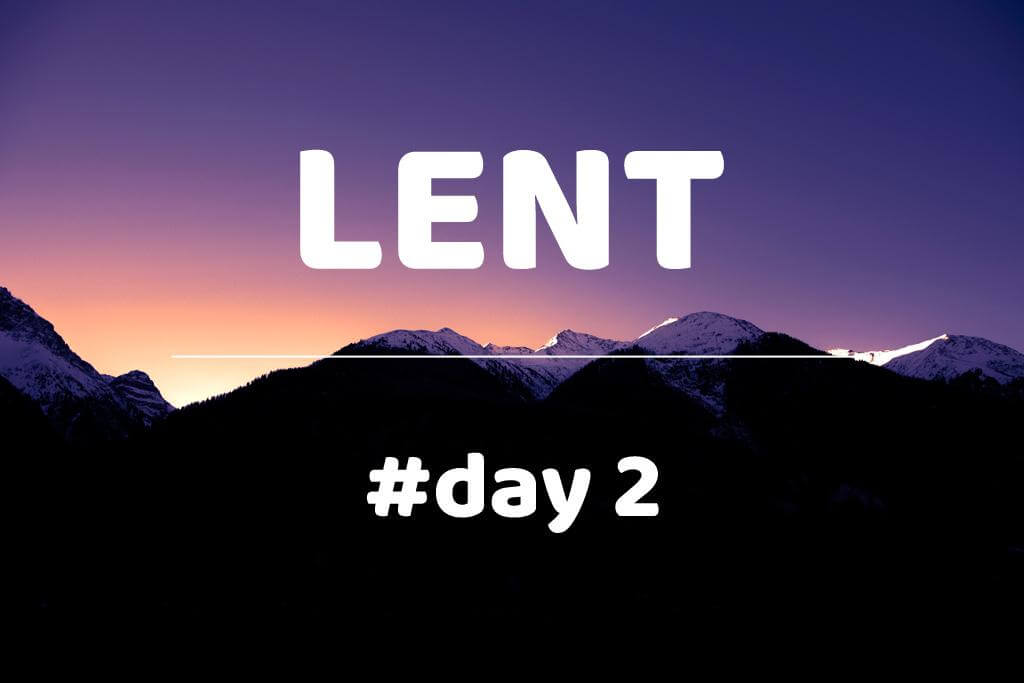Blog Search Results

Did you mean:
jewish
?
48 results for Jewish
found
within the Blog
6 displayed out of 48 (0.04seconds)Page 3 of 8

The Coming of Jesus: The Olivet Discourse – Part 1
Posted by Luke J. Wilson on 19th October 2014 in Second Coming Series | Second Coming,Return of Christ,Return of Jesus,Preterism,Prophecy,Last Days,Left Behind,Eschatology,Matthew 24,Olivet Discourse,birth pangs,Josephus,history
...deal the Jewish people, so understandably, the disciples were concerned and wanted to know more about when it would be destroyed.
Matthew 24:3
When he was sitting on the Mount of Olives, the disciples came to him privately, saying, “Tell us, when will this be, and what will be the sign of your coming and of the end of the age?” (cf. Luke 21:7; Mark 13:3-4)
It's important to note here that the disciples rightly ask about the end of the age – not the world. I believe a lot of the confusion on this (and other doctrines) has come from teaching based on the King James Bible rather than the underlying Greek and/or better English translations. For exam...
Implications Of The Frankfurt Silver Amulet: Insights Into Early Christian Practice And Belief
Posted by Luke J. Wilson on 6th January 2025 in Archaeology | amulet,liturgy,history,current events,early church
...pted from Jewish practices, were formalised earlier than previously thought.
3. Paul’s Christ Hymn: Scripture as the Foundation of Worship
The inscription includes an almost verbatim quotation from Philippians 2:10–11:
“At the name of Jesus every knee should bend, in heaven and on earth and under the earth, and every tongue should confess that Jesus Christ is Lord.”
This demonstrates the early integration of Pauline theology into Christian liturgy and devotion. The explicit use of Holy Scripture highlights the centrality of Christ’s lordship in early Christian belief, even before the formal canonisation of the New Testament.
4. A Sacred Object f...
Lent: Day 2 - Mathetes to Diognetus, pt. 1
Posted by Luke J. Wilson on 3rd March 2017 in Lent | Lent,great lent,fasting,early church fathers,devotional,daily reading,epistle of mathetes to diognetus
...'ve read) Jewish beliefs are often called “Jewish superstitions” which the writer relates to meaning much of the traditional practices of the Jews we'd recognise from the Old Testament. Maybe superstition meant something else back then than it does today?
This reading then finishes with a description of how Christians live and intermingle with society, yet are distinct from the world around them. I found this challenging and wondered if the description still applies to what we see today in the Church?
[The Christians] display to us their wonderful and confessedly striking method of life. They dwell in their own countries, but simply as sojourners. As cit...
The Resurrection as a historical event
Posted by Luke J. Wilson on 29th April 2017 in Easter | resurrection,easter,apologetics,history,historical
...Even the Jewish leaders couldn’t agree in on this let alone Gentiles! Resurrection was a totally new concept to expect to receive personally, or to happen at all; even the Jewish sect of the Sadducees didn’t believe it – just see Acts 23:8 for that.
Paul spends quite some time on the resurrection and explaining what it means and how it will be, though it is a topic that will always be limited by our human understanding. This is why the nature of the resurrection is always contrasted with the putting on of new clothes or in building a new tent, or the sowing of seeds. Even if you don’t have a farming background, it’s still easy to understand the conc...
Is fasting an expectation for Christians?
Posted by Luke J. Wilson on 29th February 2020 in Fasting | fasting,Lent,Ash Wednesday,self control,self denial
...n. As the Jewish leaders would fast in an obvious way to make sure that everyone could witness their apparent piety, Jesus was telling his followers to go about the business like normal; to get up, have a wash and not look miserable in their hunger.
Reading past the Gospels and into Acts and the Epistles, we begin to see how the Apostles and other early believers took Jesus seriously and did begin to fast once the “bridegroom” has been taken away from them. In Acts, the Church was fasting and praying when making decisions about missionary work and who to send (Acts 13:2–3), before appointing leaders (Acts 14:23) and oftentimes fasting preceded receiving v...
Jesus, Yahweh, And The Power Over The Storm
Posted by Luke J. Wilson on 29th July 2024 in Deity of Christ | Jesus,deity of christ,Yahweh,old testament,elements
...Critics of Christianity will often make the claim that Jesus never said he was God or divine in the Gospels. The problem comes when they set unrealistic demands and expectations, like wanting a chapter and verse where Jesus says, “I am God, worship me”. But this isn’t how the Bible works and definitely not how Jesus went about his ministry.
Throughout the Gospels, there are clear connections that reveal the true nature of Jesus in ways that would have been obvious to the Jewish people and leaders of his day who were very familiar with the Torah and other Scriptures we now call the Old Testament. One of the most striking examples is His demonstration of po...

